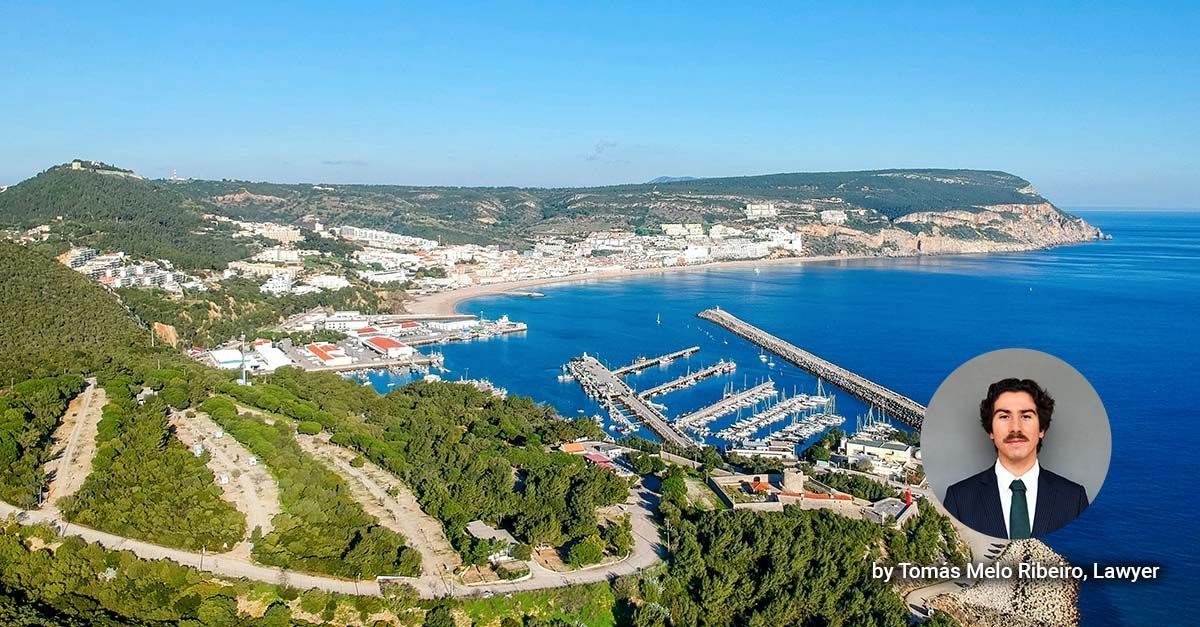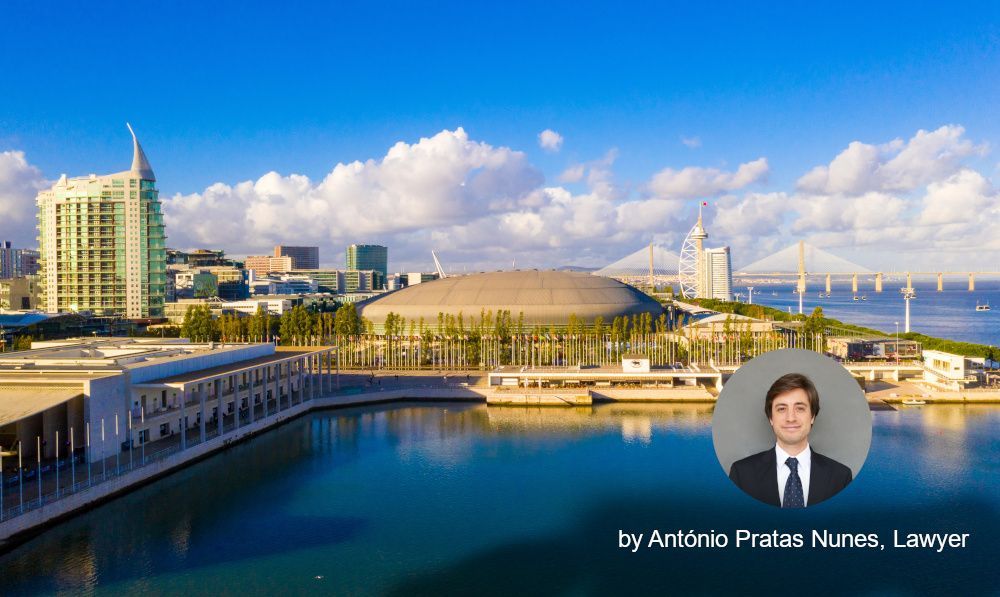Key Changes in Portugal's Immigration Laws and Processes for 2024
The immigration process can be overwhelming and complex. Navigating the complications of immigration procedures, comprehending the relevant regulations, and advocating for the rights established under Portuguese legislation necessitates both knowledge and expertise.
Currently, Portugal is in a transitional phase with its immigration services. In October, the former Serviço de Estrangeiros e Fronteiras (SEF) was restructured into the Agência para a Integração Migrações e Asilo (AIMA). This new organisational model aims to delegate services more effectively, ensuring prompt and appropriate responses to those in need.
In 2024, Portugal has made significant strides in improving immigration processes. Notably, the Portuguese President enacted adjustments to the judicial regime governing the entry, residence, exit, and deportation of foreign citizens. One key change is that the five-year period for acquiring Portuguese nationality now commences when the applicant submits their residency application, rather than when the first residency permit is issued. This amendment to Portuguese nationality law necessitates further official clarification, as specific regulations delineating key procedures and reference points remain undefined.
Please be advised that each immigration pathway entails distinct criteria concerning the beginning of the eligibility period for Portuguese nationality. Whether through visa applications, Expressions of Interest submissions, or the Golden Visa process, it is imperative to adhere to the established rules and timelines delineated by each respective program.
Additionally, significant modifications have been made to the family reunification processes with children involved, implementing new digital measures available to individuals applying for family reunification residency. The introduction of biometric data in the citizenship process was another modification that enhances security and accuracy in verification and allows the successful applicant’s biometric data to be used for issuing a passport and a Portuguese citizenship card.
Several changes have been made to immigration laws so far, some of them mentioned above. However, there are still efficiency issues with immigration processes in AIMA, leading to a backlog of pending cases. It is highly recommended for anyone looking to reside in Portugal to seek the assistance of a knowledgeable Portuguese lawyer who can navigate the legal system and ensure that immigration processes are resolved efficiently and as promptly as possible.
If you require assistance with your immigration process or any related issues, we are here to offer our support. Please feel free to
reach out to us.











